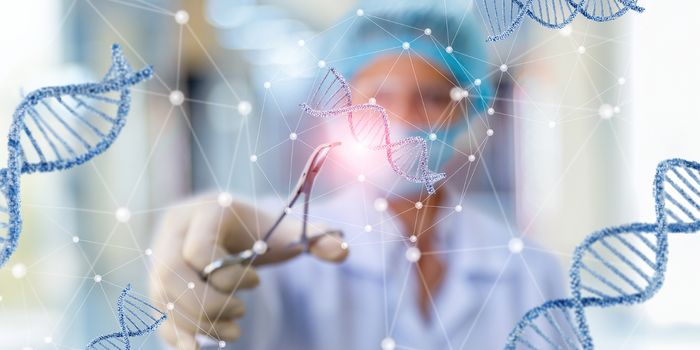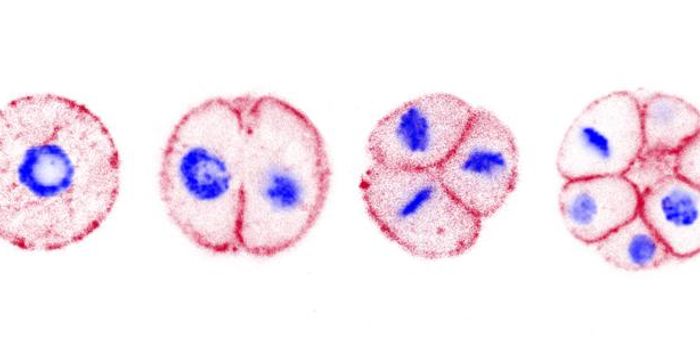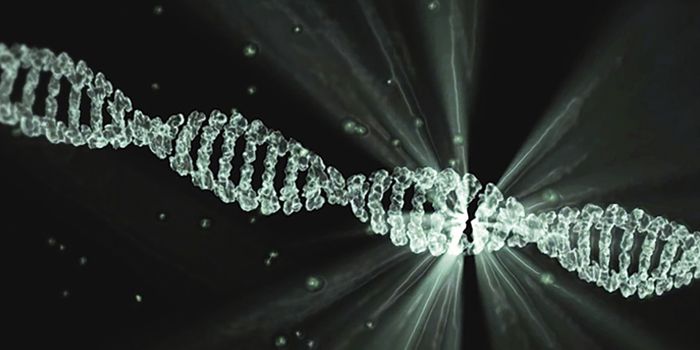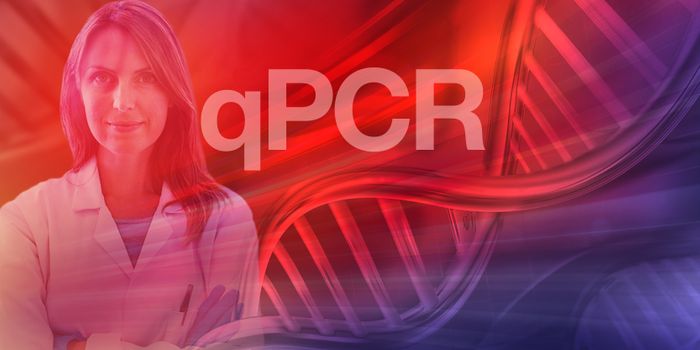Green Tea Boosts a DNA-Repairing, Tumor-Suppressing Protein
Green tea has been lauded for its medicinal qualities, though it's been difficult to show that definitively. A new study has suggested that green tea contains an antioxidant that may raise the levels of a natural molecule that cells use to repair DNA and protect against cancer, called p53. The work, which was reported in Nature Communications, investigated the interaction of p53 and a compound in green tea called epigallocatechin gallate (EGCG) and may aid in the development of new cancer therapeutics.
"Both p53 and EGCG molecules are extremely interesting. Mutations in p53 are found in over 50 percent of human cancer, while EGCG is the major antioxidant in green tea, a popular beverage worldwide," said corresponding study author Chunyu Wang, a professor of biological sciences at Rensselaer Polytechnic Institute. "Now we find that there is a previously unknown, direct interaction between the two, which points to a new path for developing anti-cancer drugs. Our work helps to explain how EGCG is able to boost p53's anti-cancer activity, opening the door to developing drugs with EGCG-like compounds."
The p53 molecule can stop the growth of a cell when its DNA is damaged so that damage can be repaired before it's passed on to daughter cells. Cells that are damaged but continue to grow can lead to cancer. It can also trigger a cell death process called apoptosis when cells are damaged beyond repair. Wang described p53 as "arguably the most important protein in human cancer." One end of the p53 molecule is flexible, and therefore, might help the protein interact with different molecules so it can serve different functions.
Antioxidants help repair the damage done by free radicals, which can be helpful or harmful, but are dangerous at high levels when they lead to oxidative stress. Antioxidants counteract oxidative stress. EGCG is known as a natural antioxidant and is abundant in green tea. It's also sold as an herbal supplement.
This study showed that EGCG and p53 interact to stop p53 from being degraded; p53 usually broken down quickly after it encounters a protein called MDM2 and is in a continuous cycle of production and degradation.
"Both EGCG and MDM2 bind at the same place on p53, the N-terminal domain, so EGCG competes with MDM2," explained Wang. "When EGCG binds with p53, the protein is not being degraded through MDM2, so the level of p53 will increase with the direct interaction with EGCG, and that means there is more p53 for anti-cancer function. This is a very important interaction."
"By developing an understanding of the molecular-level mechanisms that control key biochemical interactions linked to devastating illnesses such as cancer and Alzheimer's disease, Chunyu's research is laying the groundwork for new and successful therapies," said Curt Breneman, dean of the Rensselaer School of Science.
Sources: AAAS/Eurekalert! via Rensselaer Polytechnic Institute, Nature Communications









